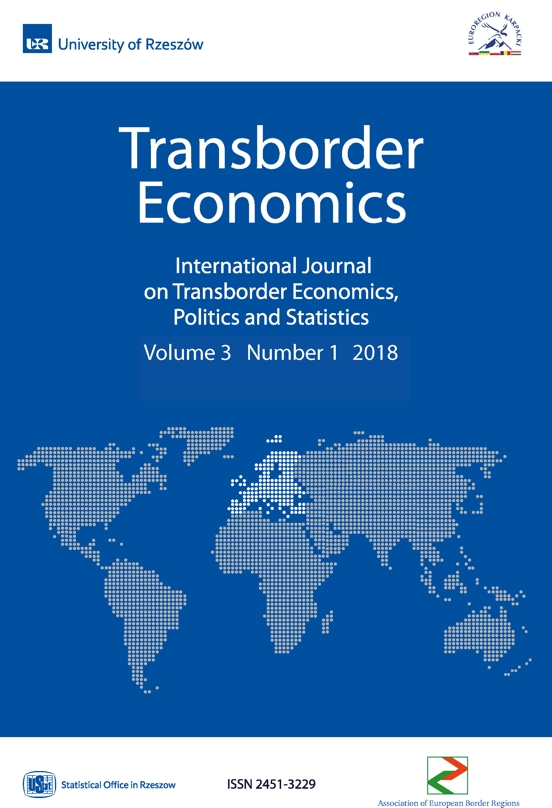Relation to the level of work efficiency from minimum wage in visegrad group countries
Słowa kluczowe:
work efficiency, minimum wage, Visegrad Group, linear regression analysisAbstrakt
The social idea of determining the minimum wage level seems to be the right of employees to an appropriate level of remuneration, which would be able to provide them and their families with a decent standard of living. Determination of the minimum wage level should be based on the economic conditions of a given country, taking into consideration the general level of wages and living costs, but also the requirements of the economic development of the state in a given period should be taken into account. For this reason it is so significant, that the possible increase in this size was accompanied by an increase in the minimum wage. The starting point for reflections in this work is the statement, that high work efficiency directly affects the development of enterprises, and thus contributes to the growth of prosperity in the economy. The article attempts to analyze the dependence of work productivity growth in relation to changes in the minimum wage level. The countries examined are Poland, the Czech Republic, Slovakia and Hungary, the countries that are part of the Visegrad Group. The research period is 2005–2016. In order to formulate final conclusions, a linear regression analysis was used to determine how high the relationship between the two values is. It was also identified how this relationship is shaped at the level of individual countries.
Downloads
Pobrania
Opublikowane
Jak cytować
Numer
Dział
Licencja
Prawa autorskie (c) 2018 TRANSBORDER ECONOMICS. International Journal on Transborder Economics, Finance, Politics and Statistics

Utwór dostępny jest na licencji Creative Commons Uznanie autorstwa – Użycie niekomercyjne – Bez utworów zależnych 4.0 Międzynarodowe.


